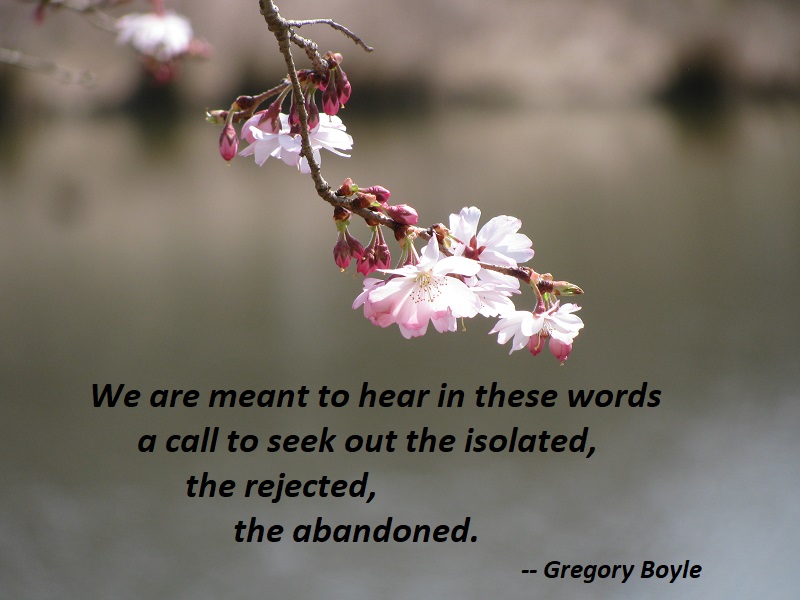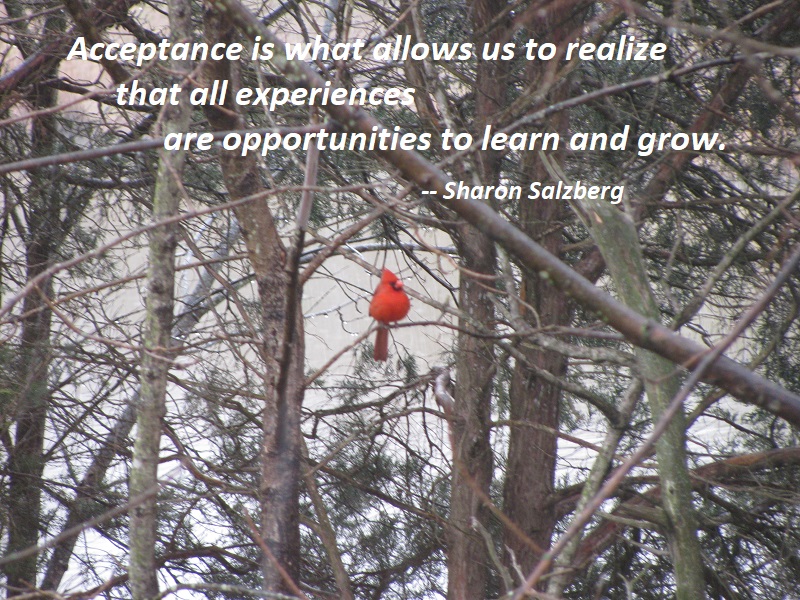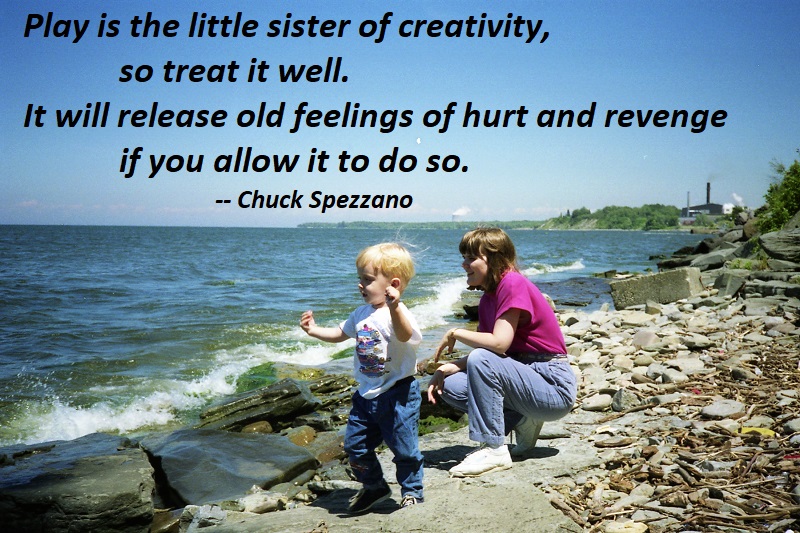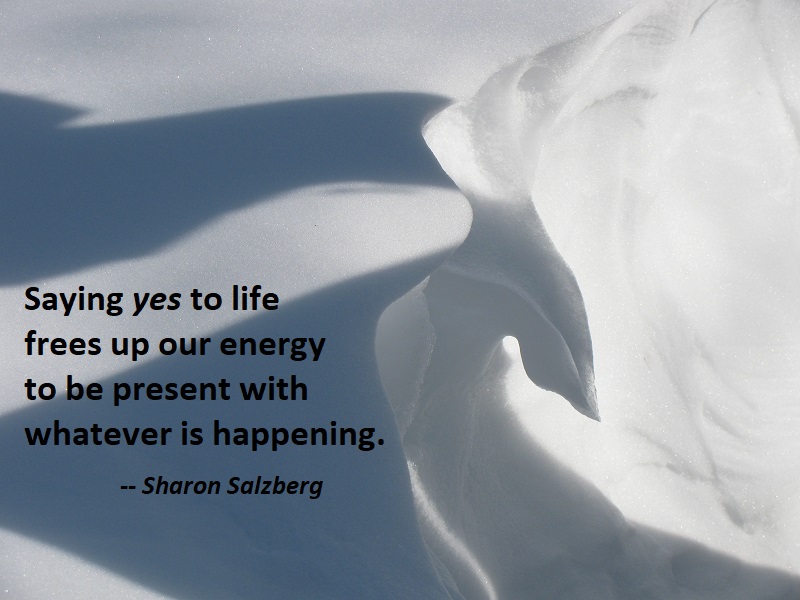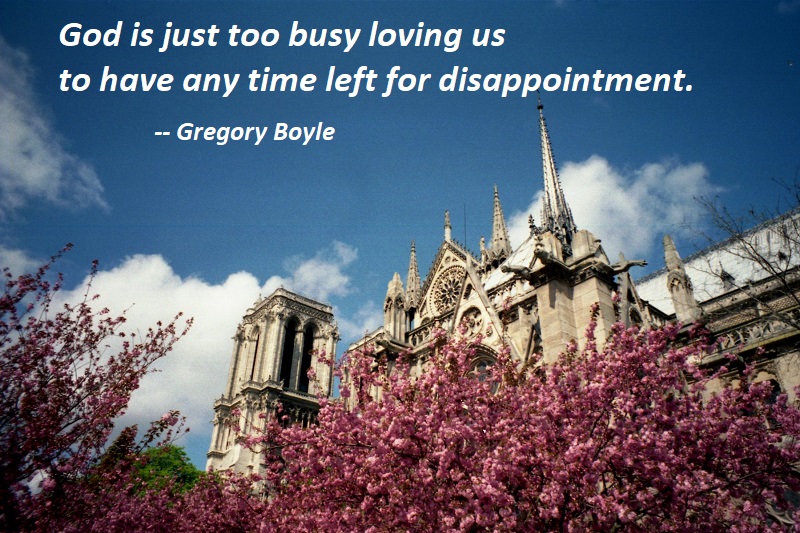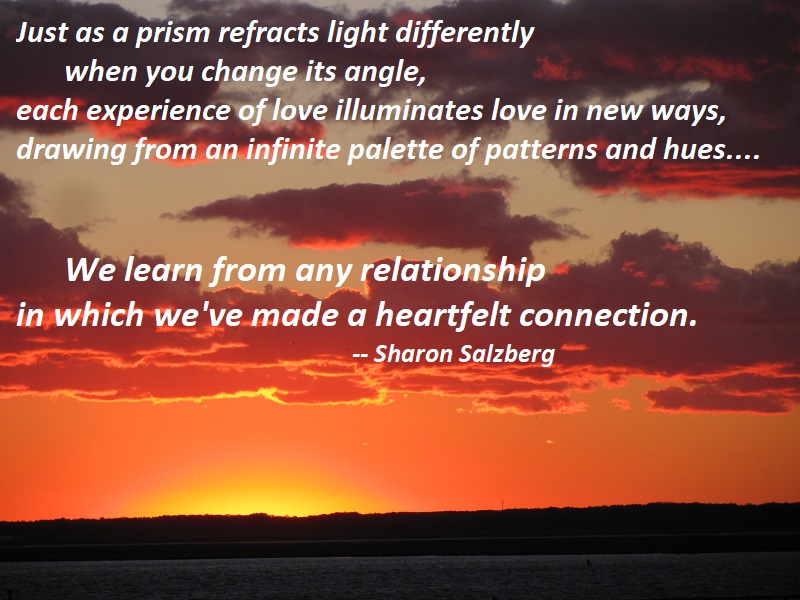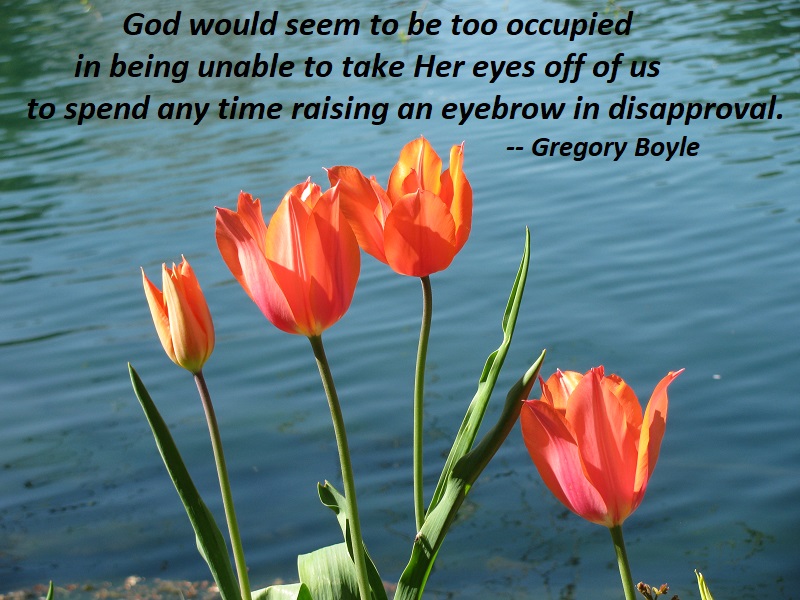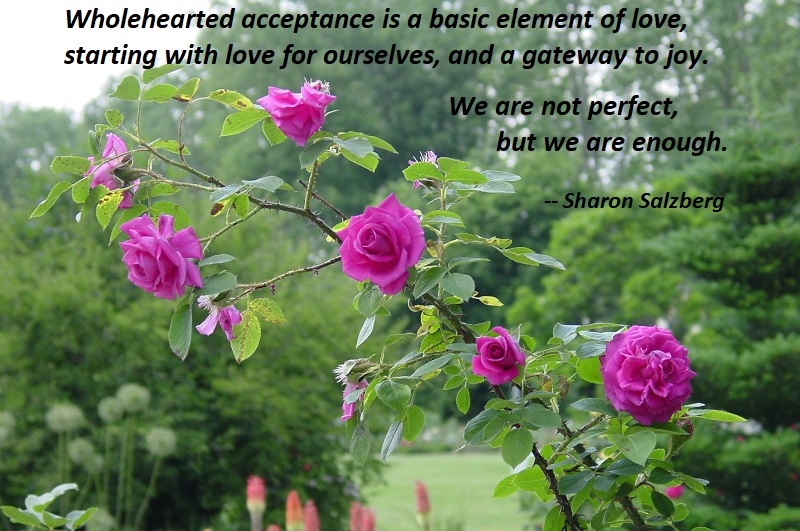Fully Authentic
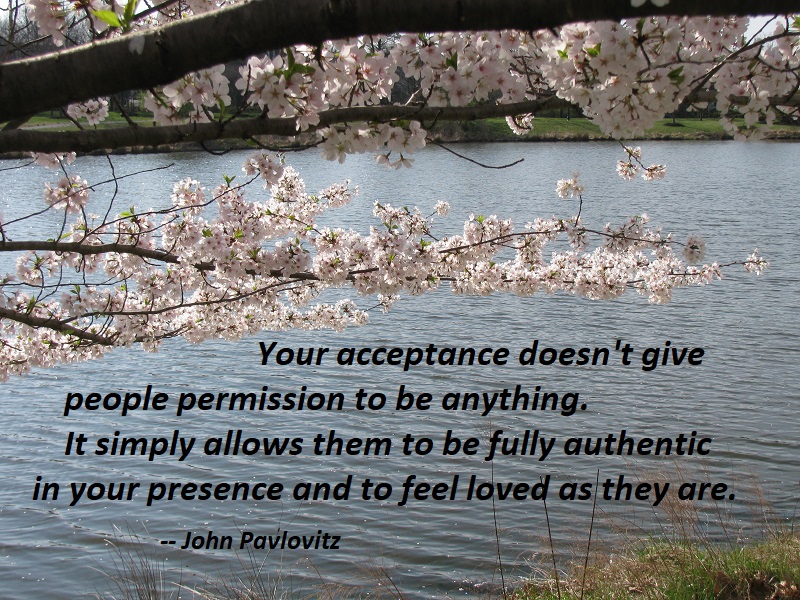
Many people think that having someone close to you come out clouds your vision, but in reality it clarifies it. It redefines words for you. It rewrites false stories. It renovates your religion. It forces you to understand sexuality not as some detached issue but as what it is — human beings; in this case, those you know and love dearly. This is the gift relationship gives you. That proximity we get to people will always show us what we couldn’t see any other way. When you are faced with the reality of having an LGBTQ family member or close friend, it forces you to hold up your theology to see what it’s really made of. And when this happens, some of it gets confirmed, some of it gets shifted, and some of it gets blown up. I’d already done my homework. I’d studied. I’d prayed through it. I’d already reconciled so many of my feelings on gender identity and sexual orientation before this moment, so I knew without blinking that I didn’t have to choose between loving God and loving my brother — and he didn’t have to choose between being gay and being adored by God.
One of the things you learn when you walk down the path of being an ally is that people aren’t LGBTQ based on the consent you give or don’t give to them, the approval you provide or withhold. That’s not how gender identity and sexual orientation work. Your acceptance doesn’t give people permission to be anything. It simply allows them to be fully authentic in your presence and to feel loved as they are. It secures people in those places where they should feel fully secured: in their families and friendships and workplaces and churches. If you don’t think you have LGBTQ family members, coworkers, classmates, and friends right now, you may want to ask yourself if that’s because you’ve created an environment in which they would be afraid to share it even if they were. It might be that your words and manner have already told people that they’re not safe to be honest with you. As our society thankfully becomes less and less hostile to the LGBTQ community and as people begin to gradually feel safer in authenticity, more children will come out and more families will have a new reality to reckon with. Those families will continue to seek spiritually and they will continue to need and deserve to be in faith communities where they are fully welcomed. It is one of the reasons the table needs to be made bigger.
— John Pavlovitz, A Bigger Table, p. 17-18
Photo: South Riding, Virginia, April 8, 2019
